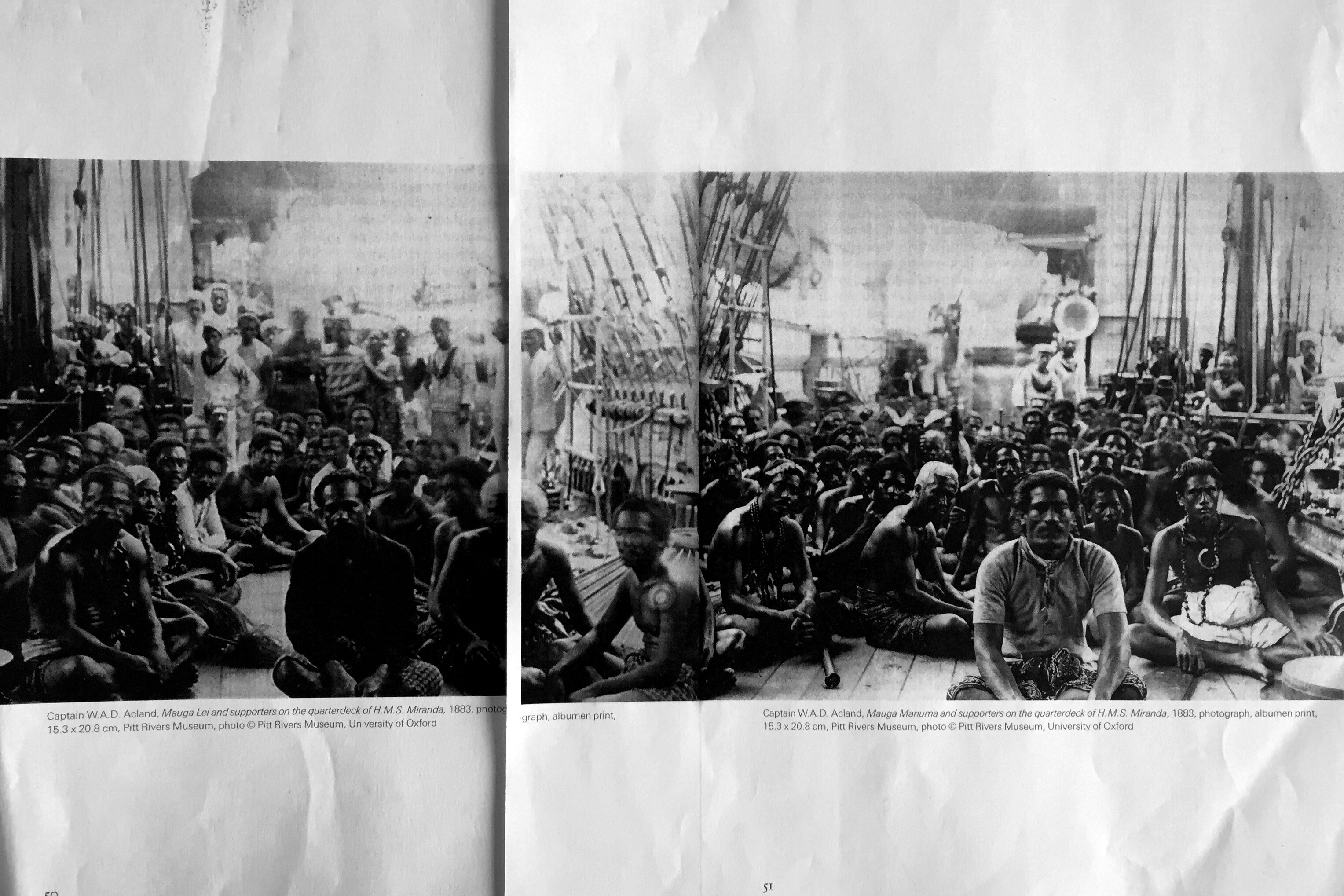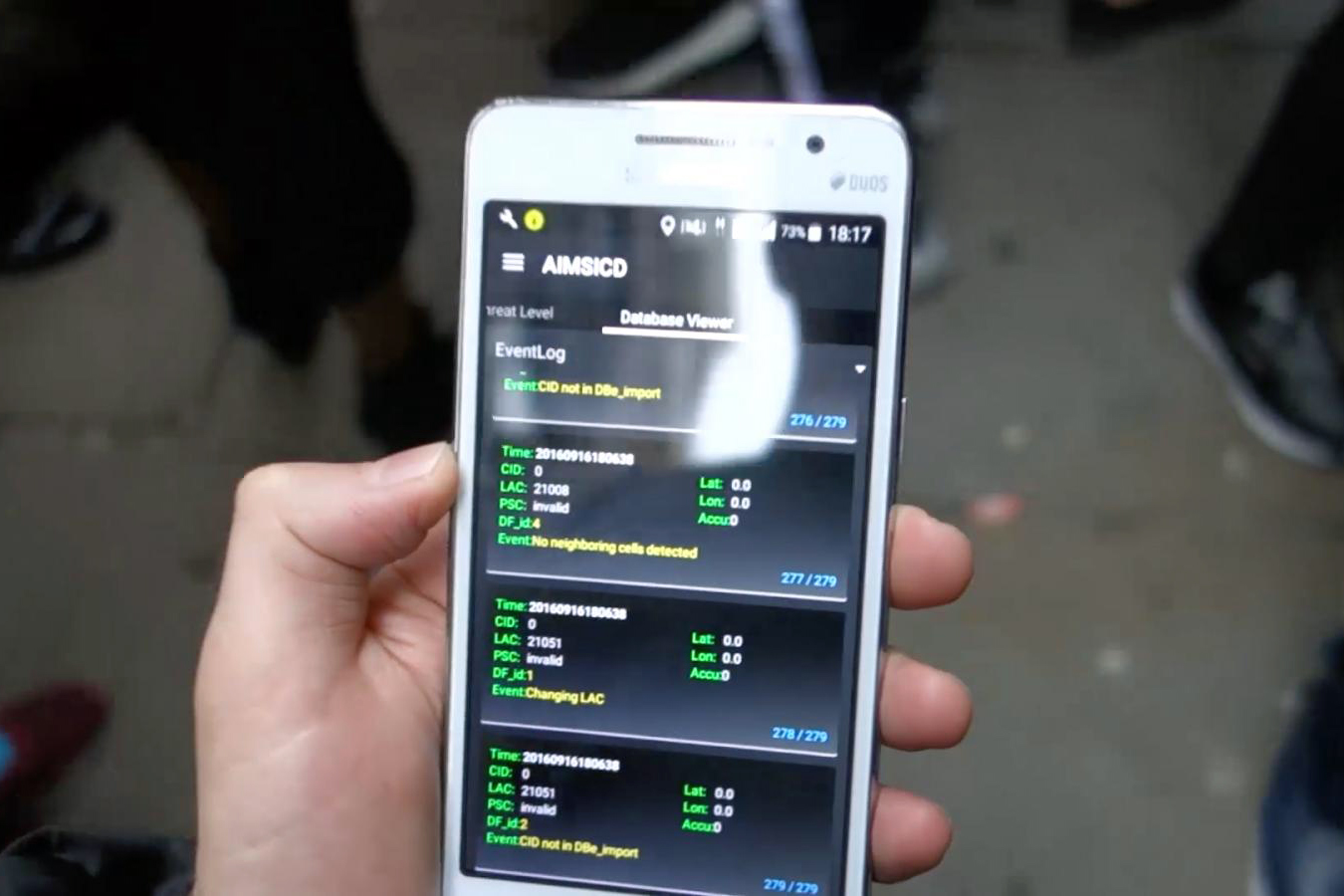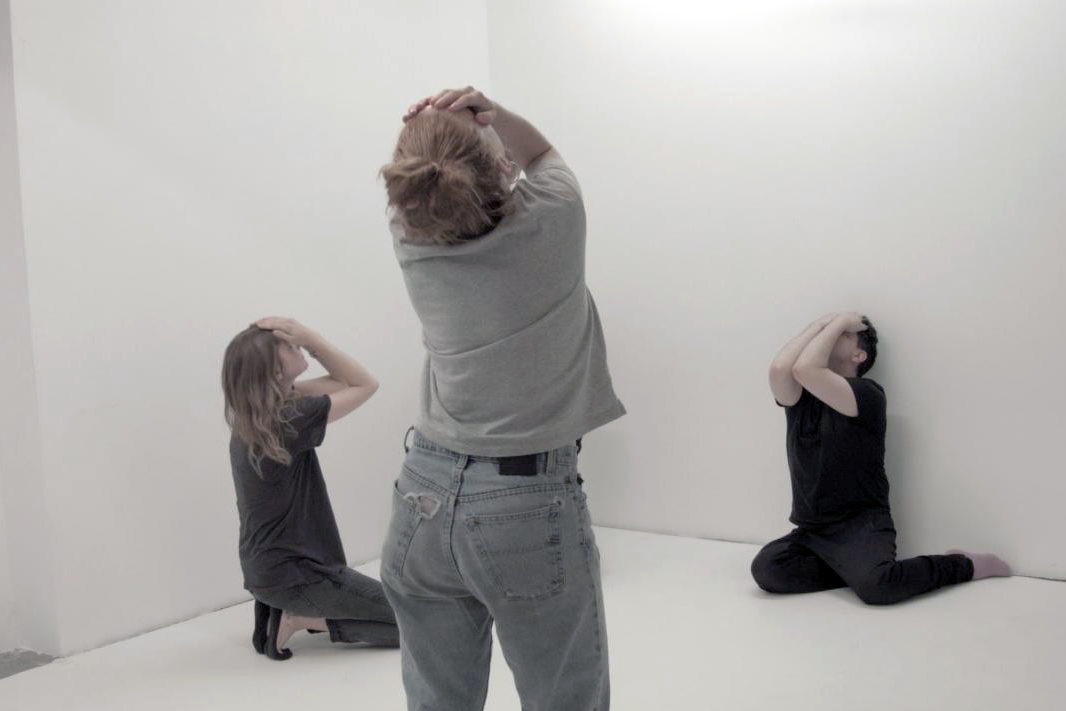Class of 2016
Alice Bucknell (US), Phoebe Eustance (UK), Alexia Giacomazzi (Australia), Ming Lin (US), Emma McCormick-Goodhart (UK), Dana Ozaino (Palesntine), Pietro Pezzani (ITA), Robert Preusse (CH), Blanca Pujals (Spain), Laurie Robins (UK), Elena Solis (Spain), Alexandra Symons Sutcliffe (UK)
A Manual for Listening to Quiet
Phoebe Eustance

To become quiet is often regarded in a similar way to becoming passive, signifying that one has weakened their capacity to act in a situation. If to speak is to validate a person's existence, does being quiet mean that the person is no longer participating or has given up their right to act? My research aims to construct or activate a field of thought around the condition of quiet and the ways in which we register presence. Here, quiet is considered firstly as a political form that precedes speech, and secondly through deconstructing the relationship between quiet and power.
Slow Sea, Fast Fashion: Poetics of the Supply Chain
Ming Lin

My research considers landscapes and architectures of supply and demand, the politics of production and the mytho-poetic narratives running through the network of global logistics. Taking its starting point from a specific industry lore, which attributes fast fashion chain ZARA’s inimitable success to alleged factories on water, my research explores the ‘seamless’ spaces of the supply chain in an effort to reclaim these largely obscured movements of circulation from the rhetoric of efficiency and progress. This work seeks to contribute instead to a postcolonial discourse through the articulation of vast networks as subjective, queer and rife with friction.
Drawing Borders: Genealogy, Aesthetics and Politics of Digital Targeting
Pietro Pezzani

Through my research, I track the rise of digital technologies of inscription and computation caused a shift of the very space where targeting operations take place. As data became the privileged “environment” of new forms of visibility – forms that have prescinded from human vision altogether – targeting turned into one of the most powerful aesthetic/governmental diagrams at work today. By turning to abstract, purely numeric multidimensional spatialities and sophisticated algorithmic methods of border production, digital technology made it possible to simultaneously detect and produce incomparably more complex entities, whose nature is heterogeneous, probabilistic and totally – even mathematically – dependent on the contingent needs of the targeting subject.
Spectral Apperception
Robert Preusse

My research investigates new perspectives emerging from meta-communication. It inquires into the data-double that follows and precedes movement in space, focusing upon trace anomalies of interception in the cellular telecommunications network of London. This infrastructure of identification is examined through the policies, protocols, and spatial and social relationships of communication. Consequently I ask how perception is ingrained through a dialectic of revealing and withdrawing, and whether composition allows for a cognition of perception – a form of apperception – to emerge.
A Synthetic Sun: The Unmaking of Microscopic Bonds in Transnational Space
Blanca Pujals

My research explores the aesthetic and political impacts of the underground network of elemental particle infrastructures. The project investigates the entangled relationships between big scientific institutions and political realms, and the forms of networked knowledge generated therein. These spaces become sensing architectures that amplify networks, political agreements and non-visible or barely detectable events. They are comprised of a number of scientists, particles, liquids, data, politics and technologies working together for the production of knowledge. Elemental particles create new forms of alliances and global networks; infrastructures which produce hybrid systems of transnational and transhuman collaboration.
Techniques of Fidelity
Alexandra Symons Sutcliffe

My curatorial project explores mechanisms of faithful reproduction alongside the conditions that prohibit it. Fidelity can mean precision and exactitude, but it can also relate to emotional and sexual relationships, religion, consistency, and commitment. By focusing on dance, performance, and movement studies across varied media, I investigate the challenges present in the display of live and corporeal art. The inevitable failures of verbatim re-presentation and the study of display create a space for knowledge that simultaneously exceeds and resists representation. As my title suggests, my methodology compares objects and materials through which a definition of faithful practice can emerge.